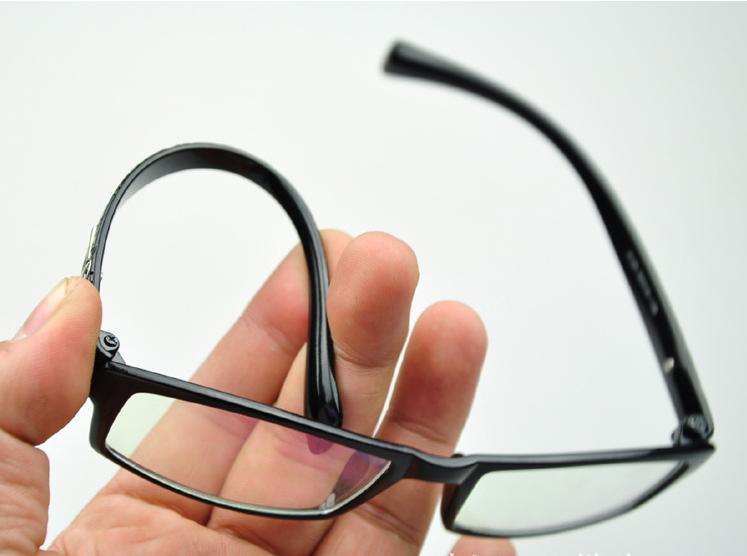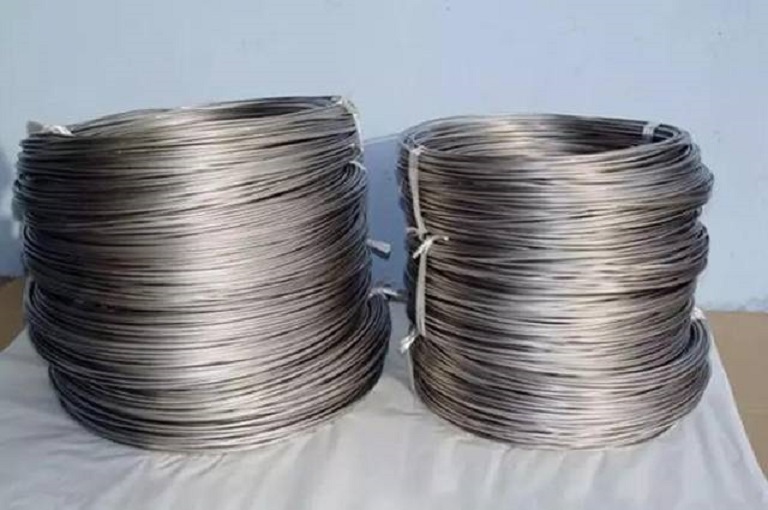Nitinol - Amazing Shape Memory Alloy

Nitinol - Amazing Shape Memory Alloy
When it comes to the shape memory alloy, many people have heard of its name. No matter how it deforms, after being heated to a certain temperature, it can magically change back to its original shape. So far, there are dozens of types of shape memory alloys that have been developed in the world. Nitinol (nickel-titanium alloy) is one of the earliest developed and most practical alloy materials.

Nitinol Wire
Special Properties of Nitinol
Nitinol is a binary alloy composed of nickel and titanium. In addition to its unique shape memory function, it also has a series of excellent properties and is a very good functional material.
1. Shape Memory Function
Nitinol is deformed by an external force at a certain temperature. After the external force is removed, the deformed shape can still be maintained, but it can automatically return to its original shape at higher temperatures.
2. Superelasticity
The superelasticity of nickel-titanium alloy can change with the change of heat treatment conditions. When the nickel-titanium alloy wire is heated above 400℃, the superelasticity begins to decrease.
3. Corrosion Resistance
Studies have shown that the corrosion resistance of nickel-titanium alloy is better than the best medical stainless steel, so it is widely used in the medical field.
4. Biocompatibility
Although nickel has a carcinogenic effect, the titanium dioxide on the surface of the nickel-titanium alloy acts as a barrier, which can inhibit the release of nickel and make the nickel-titanium alloy have good biocompatibility.
5. Good Shock Absorption
The initial vibration amplitude of super-elastic Nitinol wire is only half of that of stainless steel wire.
Application of Nitinol
A series of excellent properties of nickel-titanium alloy make it widely used in aerospace, automotive industry, medical equipment, and other fields.
1. Aerospace
The application of nickel-titanium alloy in aerospace mainly includes pipe joints on aircraft, as well as spacecraft antennas, fasteners, connecting parts, electrical connections, and electromechanical actuators.
2. Auto Industry
Nickel-titanium alloys are often used in automobile engine heat-proof fan clutches, automatic exhaust nozzles, automatic opening and closing of radiator holes of diesel engines, and shape memory springs of jet engine oil filters.
3. Medical Instruments
Nickel-titanium alloys have been successfully used in oral tooth correction, surgical correction and plastic surgery, and cardiovascular minimally invasive interventional treatment. At present, there are surgical sutures, cerebral aneurysm clips, contraceptive rings, artificial hearts, and micro-pumps for artificial kidneys that have entered clinical trials.
4. Civilian Products
Civilian products mainly include super-elastic glasses frames, mobile phone antennas, women's bra brackets, high-elastic and high-toughness fishing thread, earphone headgear, etc.
Conclusion
In recent years, nitinol alloys have played an increasingly important role in many fields, but they still have shortcomings such as easy oxidation, high processing costs, and long production cycles in the actual production and processing process. With the in-depth research on the properties of nickel-titanium alloys and the continuous development of technology, the prospects of nickel-titanium alloys are bound to get better and better.
Thank you for reading our article and we hope it can help you have a better understanding of the properties and applications of nitinol. If you want to know more about nitinol, we would like to advise you to visit Advanced Refractory Metals (ARM) for more information.
Headquartered in Lake Forest, California, USA, Advanced Refractory Metals (ARM) is a leading manufacturer & supplier of refractory metals across the world, providing customers with high-quality refractory metals & alloys like titanium, titanium alloys, and tungsten at a very competitive price.
{{item.content}}
LEVE A REPLY
{{item.children[0].content}}
{{item.content}}






